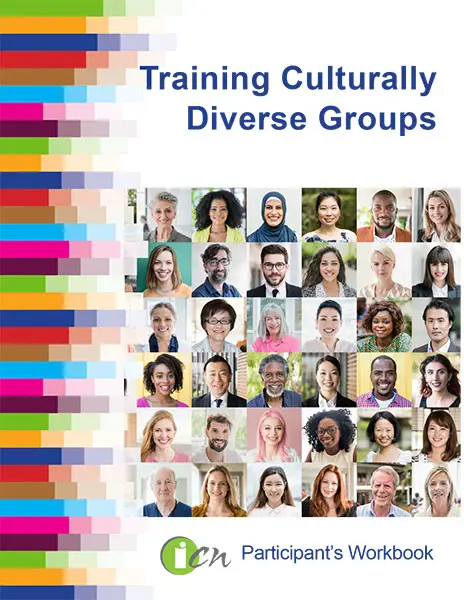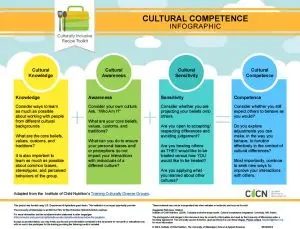
Cultural humility is the practice of self-reflection on how one’s own background and the background of others impact engagement, communication, leadership, and other aspects of a program or organization. The goal of this self reflection is to foster curiousness and openness to what one has not yet learned.
Learning these skills will help you to connect with the culturally diverse school community to gather recipes for the culturally inclusive recipes project.
Here are some ways to incorporate cultural humility into a culturally inclusive recipes project:
- Acknowledge that cultural foods have a place on school breakfast and lunch menus.
- Learn about cultural foods from the students and families who belong to the culture.
- Include students and families in all steps of adapting their cultural foods for the school menu.
- Approach unfamiliar foods with openness and curiosity.
- Be honest when you are not sure about something, such as an ingredient or cooking method.
- Acknowledge when you make a mistake or get something wrong.
- Offer thanks and acknowledgement for cultural recipes, prepared food, ideas, and stories shared by students and community members.
- Below are resources that will help you and your team learn more about cultural competence and cultural humility:
Resources
Below are resources that will help you and your team learn more about cultural competence and cultural humility:
Cultural Competence Infographic
Ask questions to improve your ability to interact with people from different cultural backgrounds.
Embracing Cultural Humility and Community Engagement

Cultural Humility Toolkit

Training Culturally Diverse Groups from the Institute of Child Nutrition
This training will provide the knowledge and skills to effectively work with a cultural community that differs from your own. Contact the ICN to inquire about scheduled virtual trainings or options to request a face-to-face training on this topic.

